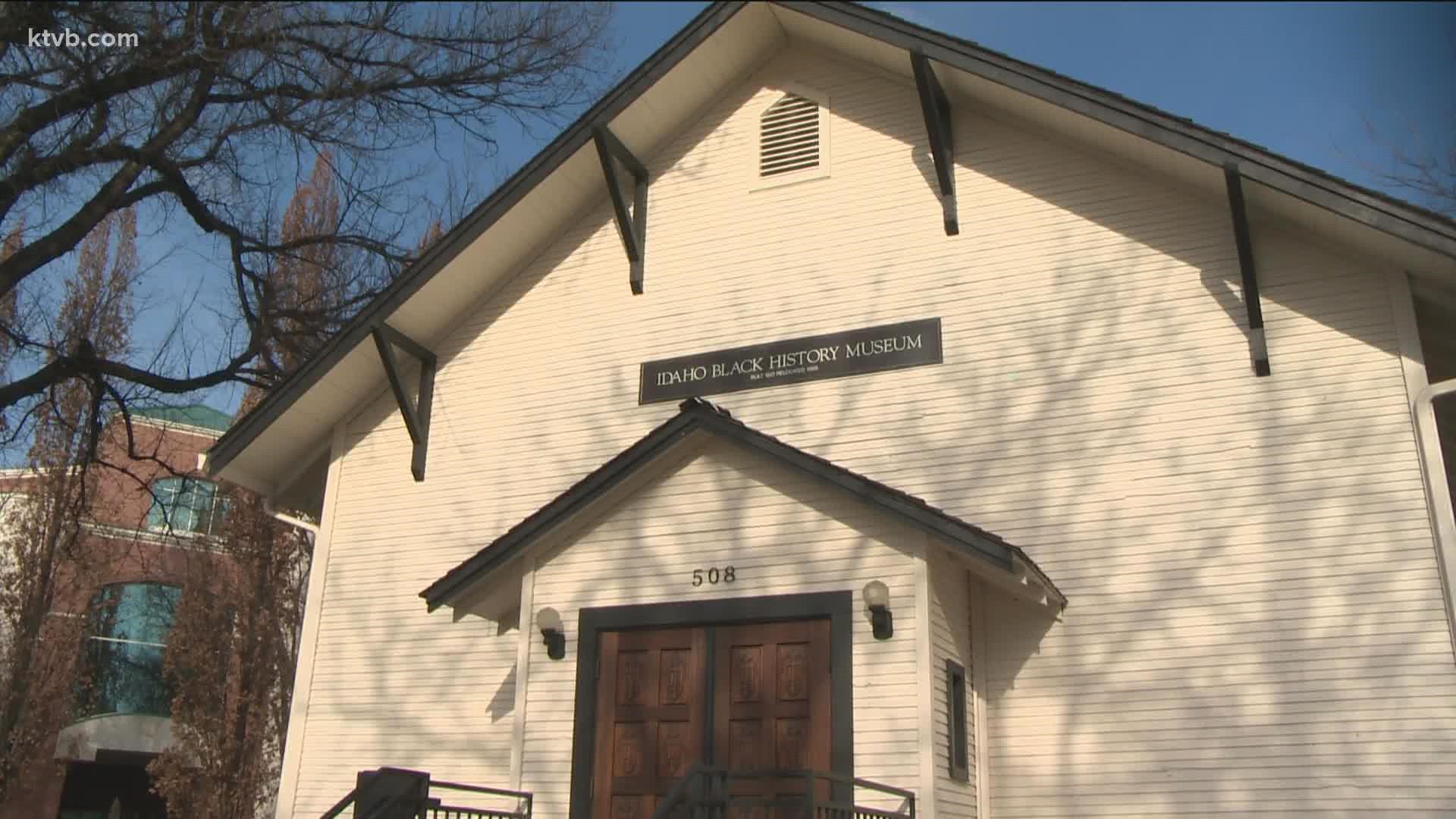BOISE, Idaho — The American Red Cross faces the worst blood shortage the organization has seen within the last ten years. The Idaho chapter is teaming up with the Idaho Black History Museum for the second year in a row to raise awareness of the need and bring in more donations from all ethnic groups.
"The thing about MLK Day, it's supposed to be a day of service," Idaho Black History Museum Executive Director and President Phillip Thompson said. "I mean we can't sit on our laurels and act like this fight is over, the battle has been won - we have to look for these opportunities where you can actually improve the area in which you reside, especially now with what we're dealing with medically speaking."
Thompson explained the Red Cross needs a wide variety of people to donate blood because there is a wide variety of people that need it. He added the best match for blood is often times from donors of similar ethnicity to the patient in need.
"You'll have a less chance of rejection," Thompson said. "There are certain medical conditions that are unique to certain ethnic groups
According to the Red Cross, every two seconds someone is in need of lifesaving blood. The national shortage has forced doctors to make difficult decisions on who can receive blood and who may need to wait. Red Cross leaders said the decade low is due to the COVID-19 pandemic, winter weather and staffing shortages.
"One donation of blood can save up to three lives, that really is significant," Regional CEO of the Red Cross of Idaho, Montana and eastern Oregon Nicole Sirak Irwin said. "Every donation matters and it helps the hospitals get the supply that they need."
For Thompson, this year's partnership is all about spreading the right information to all types of communities.
"Yes, once upon a time, America categorized blood types based on ethnic groups out of ignorance, but low and behold this is something that is beneficial to the recipient," Thompson said. "If you've never donated, please let this be the first."
The first time Thompson donated blood was in 2021 when the Idaho Black History Museum teamed up with the Red Cross to battle the same problem. This year he hopes to share more knowledge about the importance of donations to others.
"We've all got to be in this fight together and we've all got to donate because there is somebody in need who is probably of your ethnic group," Thompson said. "Especially in a place like Boise, Idaho where it is much more ethnically homogeneous."
In a news release, the American Red Cross explained they screen all blood, platelet and plasma donations from self-identified African-American donors for the sickle cell trait. They believe this extra screening can help black donors with more health insight, as well as help the Red Cross identify compatible blood types faster to help patients with sickle cell disease, who need trait-negative blood.
"Blood transfusion is an essential treatment for those with sickle cell disease and blood donations from individuals of the same ethnic groups and blood type have a unique ability to help patients fighting sickle cell disease," the American Red Cross said.
The American Red Cross said it is committed to making sure it has a diverse need of blood supply. There is a need for all blood types, but the demand is often greater for types O and B blood, according to the Red Cross. They added about half of all African Americans and more than half of all Latinos in the U.S. have type O blood.
Anyone able to donate is encouraged to make an appointment as soon as possible. However, due to staffing shortages, Irwin said there may be a wait of up to two weeks.
Watch more Local News:
See the latest news from around the Treasure Valley and the Gem State in our YouTube playlist:

